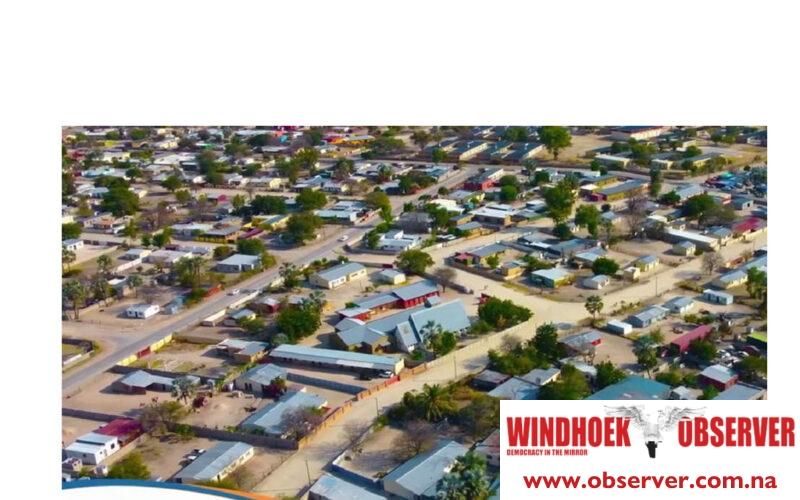Niël Terblanché
The Oshakati Town Council took another giant stride towards addressing housing by availing more residential land to people in dire need.
This initiative has culminated in the handover of 291 serviced plots to ultra-low-income earners at the Onawa proper residential area, marking a significant milestone in the community’s journey towards accessible homeownership and enhanced social stability.
The recent allocation event also saw 31 beneficiaries, who had fulfilled their financial obligations to the local authority, receive plots ranging in size from 300 to 400 square meters, each priced at a modest N$14,730.
According to the local authority, by recognizing the financial constraints faced by the recipients, the council graciously extended a one-year grace period for the payment of these plots which stresses its compassionate approach to governance.
This initiative is not an isolated endeavour but part of a broader collaboration that took root in 2018 when the Oshakati Town Council entered into a memorandum of understanding with Development Workshop Namibia.
The partnership aimed to jointly service residential erven for ultra-low-income earners, ensuring they are equipped with essential services such as roads, water, sewerage, and electricity.
The first phase of this project benefitted 118 Oshakati residents, who obtained plots with title deeds in the Okandjengedhi-South residential area.
At the time the town council said that collaboration had a tangible impact on the livelihood of the beneficiaries.
To date, 51 beneficiaries have received their title deeds, a testament to the project’s ongoing success and the council’s dedication to facilitating legal and permanent homeownership.
The initiative forms part of the town council’s strategic priorities for the 2022/2023 and 2026/2027 financial years, aimed at maximizing the creation of residential erven specifically for ultra-low-income earners.
The second phase of this commendable project has brought to fruition the servicing of 291 plots at Onawa proper residential area that is tailored for individuals with extremely low incomes.
These plots are currently equipped with roads, water and sewerage, with plans to introduce electricity services at a later stage, ensuring the beneficiaries have access to basic amenities as they embark on building their own homes.
The Oshakati Town Council’s efforts in making land accessible to less fortunate residents serve as a model for sustainable urban development.
The council stated that by prioritizing the needs of ultra-low-income earners, the council is not only providing a pathway to homeownership but is actively contributing to the social and economic upliftment of the community, reinforcing the belief that everyone deserves a place to call home.




